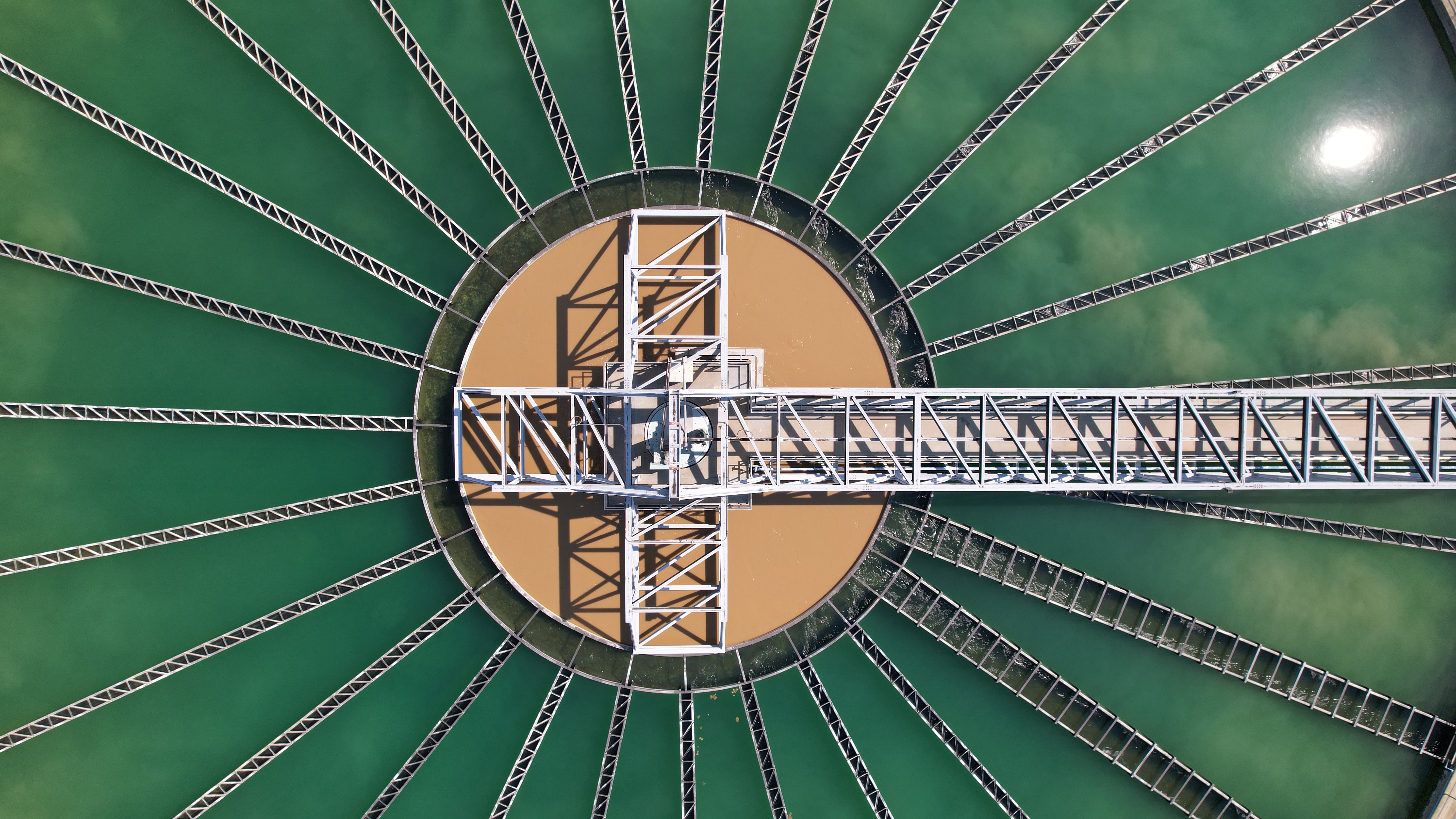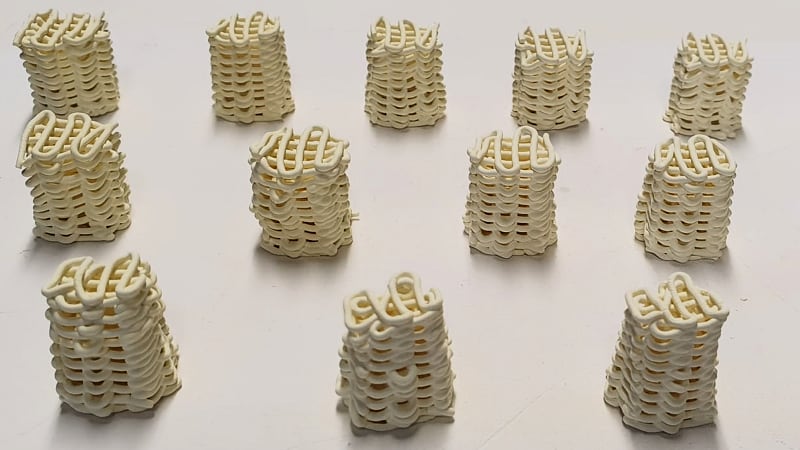The European Investment Bank (EIB) is giving significant financial support to Chromafora to step up Europe’s fight against widespread pollutants known as ‘forever chemicals’.
An investigation by French newspaper Le Monde has just revealed what it calls the staggering financial cost of per- and polyfluoroalkylated (PFAS) contamination across Europe.
Known as ‘forever chemicals’ due to the incredibly long time they take to break down – in some cases over 1,000 years – PFAS are man-made and linked to health issues including harm to reproductive, developmental, cardiovascular systems, and in increasing likelihood of diabetes.
Sources of PFAS include domestic products, often with water-repellent properties, such as non-stick pans, raincoats, paints, fabrics and firefighting foams.
Pesticides are believed to be a growing global source of PFAS contamination in agriculture, and large-scale contamination has been linked to the use of PFAS-containing soil additives. Wastewater streams can also transport PFAS from various sources into the environment.
The Le Monde investigation, part of the Forever Pollution Project, estimates that cleaning up PFAS pollution in Europe could cost up to €2 trillion over the next 20 years. That’s based on what it calls the most comprehensive scenario for removing these chemicals from water and soil.
The annual health costs related to PFAS exposure in Europe are estimated to range between €52-84 billion. The cleanup costs, meanwhile, are so high because PFAS are extremely difficult to remove once they have entered the environment.
In some cases, authorities have decided to leave the toxic chemicals in the ground due to the impossibility of cleaning them up.
Some ‘forever chemicals’ are banned in Europe and the European Commission is proposing a restriction on flufenacet, a widely used herbicide and PFAS substance, on the grounds it is now detected even in “pristine” water resources.
La Monde, however, claims that moves to curb forever chemicals often become the target of lobbying campaigns “of rare intensity” by manufacturers.
“Europe faces widespread contamination from PFAS, toxic forever chemicals that often exceed levels hazardous to health,” says Dorota Napierska, from the campaign group Zero Waste Europe in response to the investigation. “These substances, touted for their ‘anti-stick’ properties, ironically cling to our environment and bodies for centuries. Despite clear evidence of their harm, PFAS use and pollution continue to escalate, paving the way for a massive future crisis.”
PFAS pollution is not just a public health crisis but a stark example of ‘industrial lobbying and systemic inaction’, she believes. “While industries spend millions lobbying to protect profits, the public shoulders the far greater cost – paying billions for clean-up efforts and skyrocketing healthcare expenses.”
A problem needing solutions
This leaves ample space for innovation and the timely announcement that the European Investment Bank (EIB) is providing €22.5 million non-dilutive financing to Chromafora, a Swedish cleantech company, to step up Europe’s fight against these widespread pollutants.
Chromafora will use the loan to advance a technology for removing PFAS from water. The credit from the EIB, the European Union’s lending arm, will support the development and deployment by Chromafora of water-treatment units at sites across Europe between 2024 and 2028.
“This operation highlights our commitment to supporting clean-water technologies that benefit both the environment and public health,” says EIB’s vice-president Thomas Östros. “Chromafora’s innovation addresses a critical challenge while contributing to Europe’s transition to sustainable water systems.”
Chromafora’s technology, known as SELPAXT, combines advanced filtration with proprietary chemical processes to remove PFAS, including the short-chain variants that are particularly difficult to treat. The company has devised compact, container-based water-treatment systems that are designed for quick deployment and that will serve primarily industrial customers such as landfill operators in Belgium, Sweden and other European markets.
The EIB loan takes the form of venture debt, a relatively flexible form of financing aimed at supporting company growth without diluting ownership. Chromafora, founded in 2010, is seeking to bridge a funding gap to full commercialisation, expand its reach and attract further investment.
“The EIB loan is a fantastic verification of our technology, as well as an enabler for faster expansion in Europe,” says Chromafora CEO Johan Seijmer. “In addition to Sweden, we have already established units in Belgium and will soon also establish in more European markets. In both these countries and the neighbouring ones, there is a high demand for treating wastewater from PFAS.”




